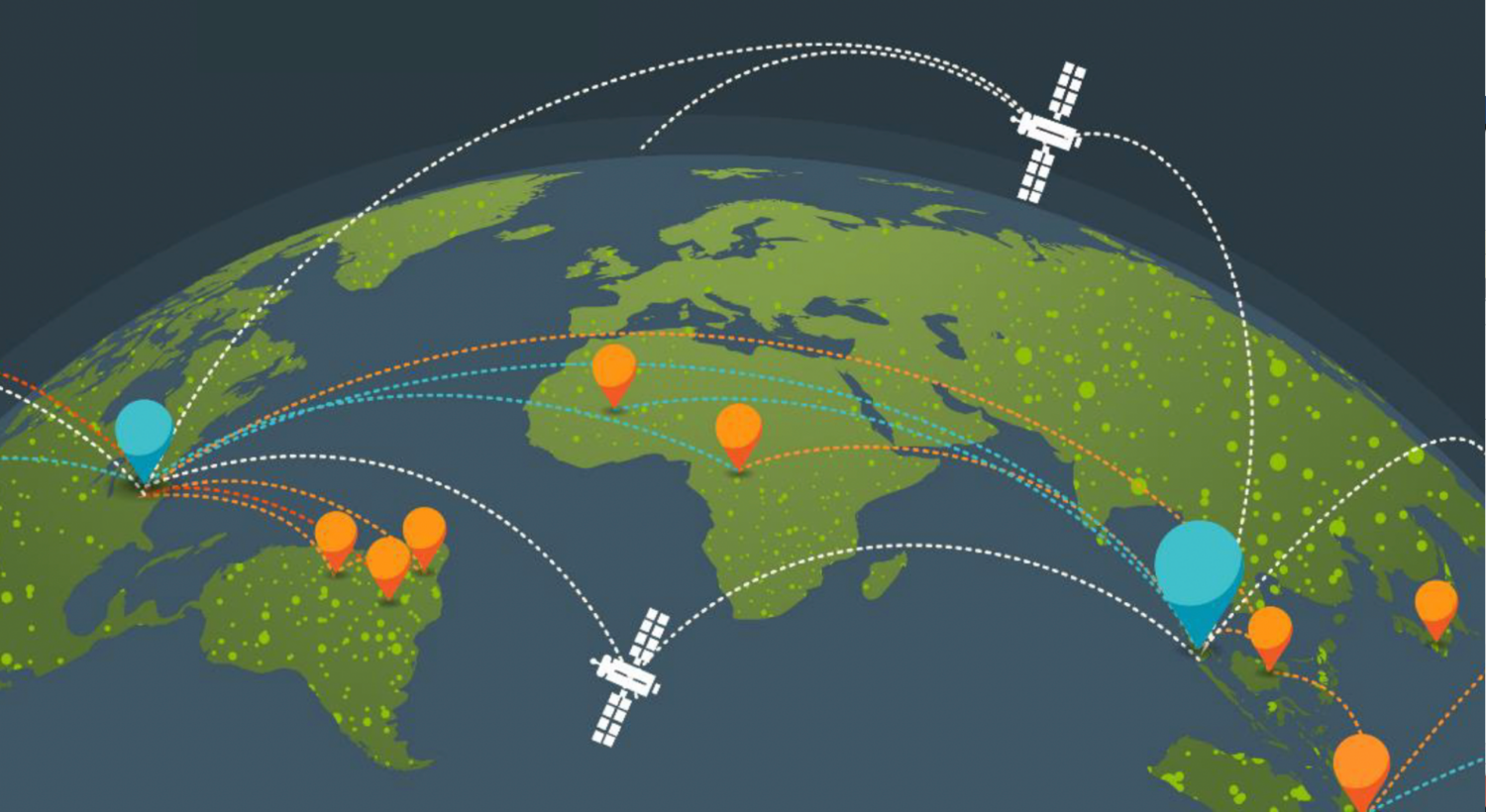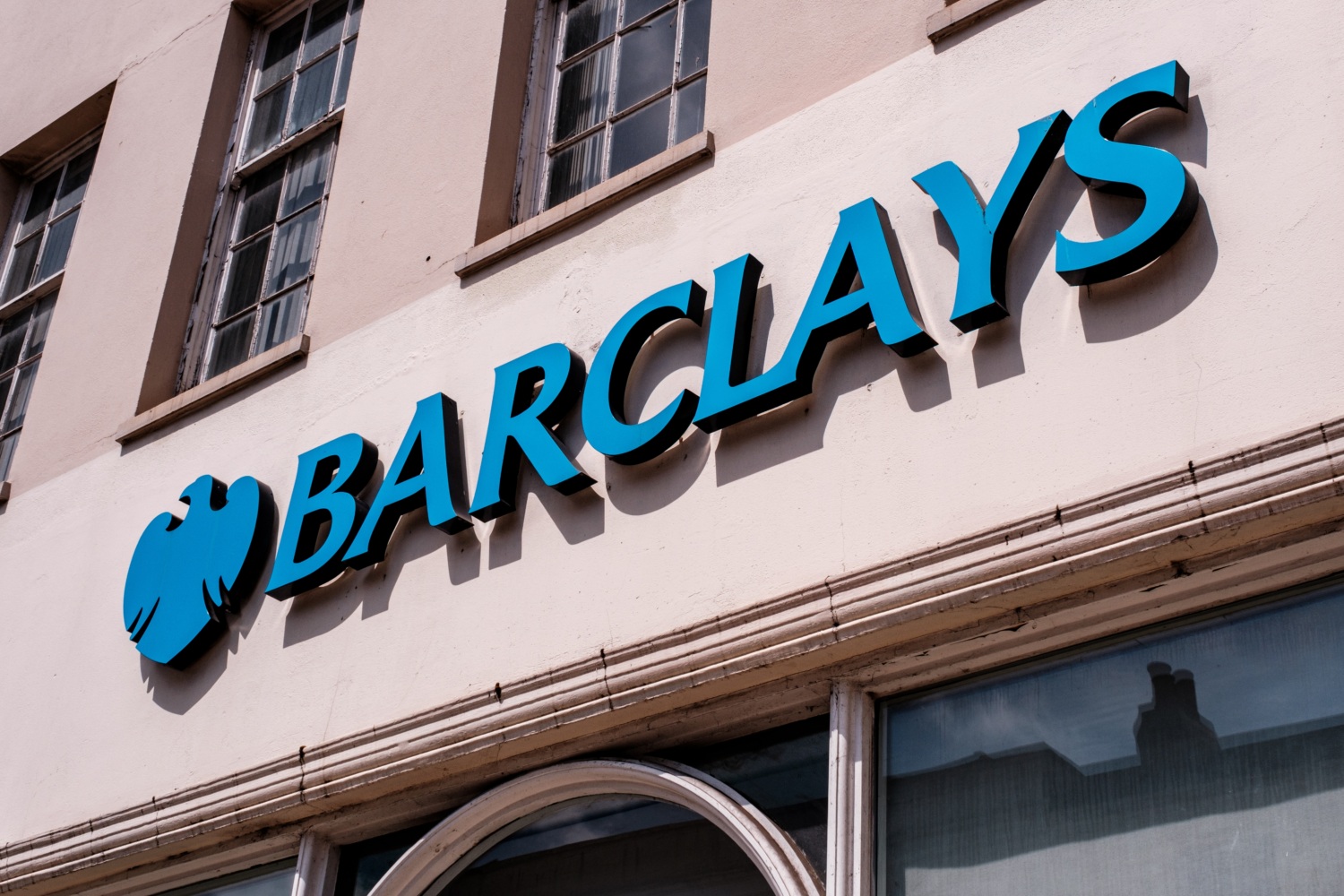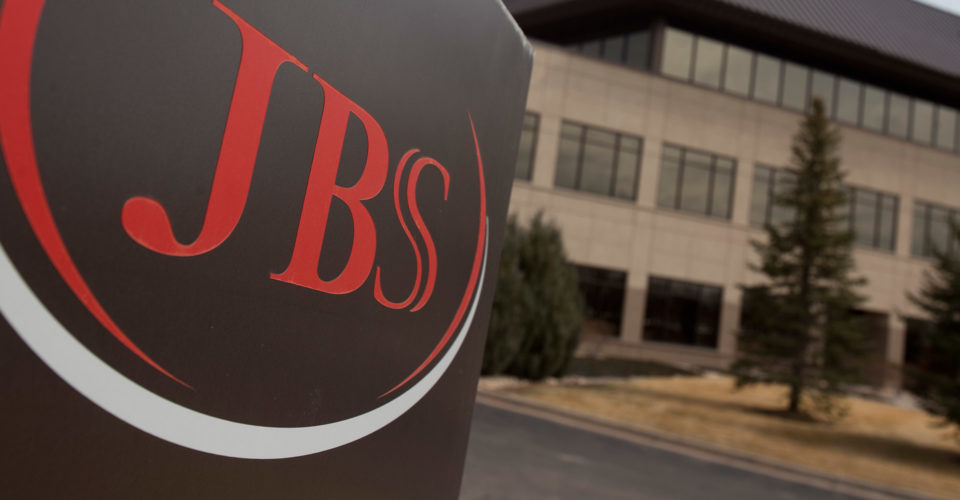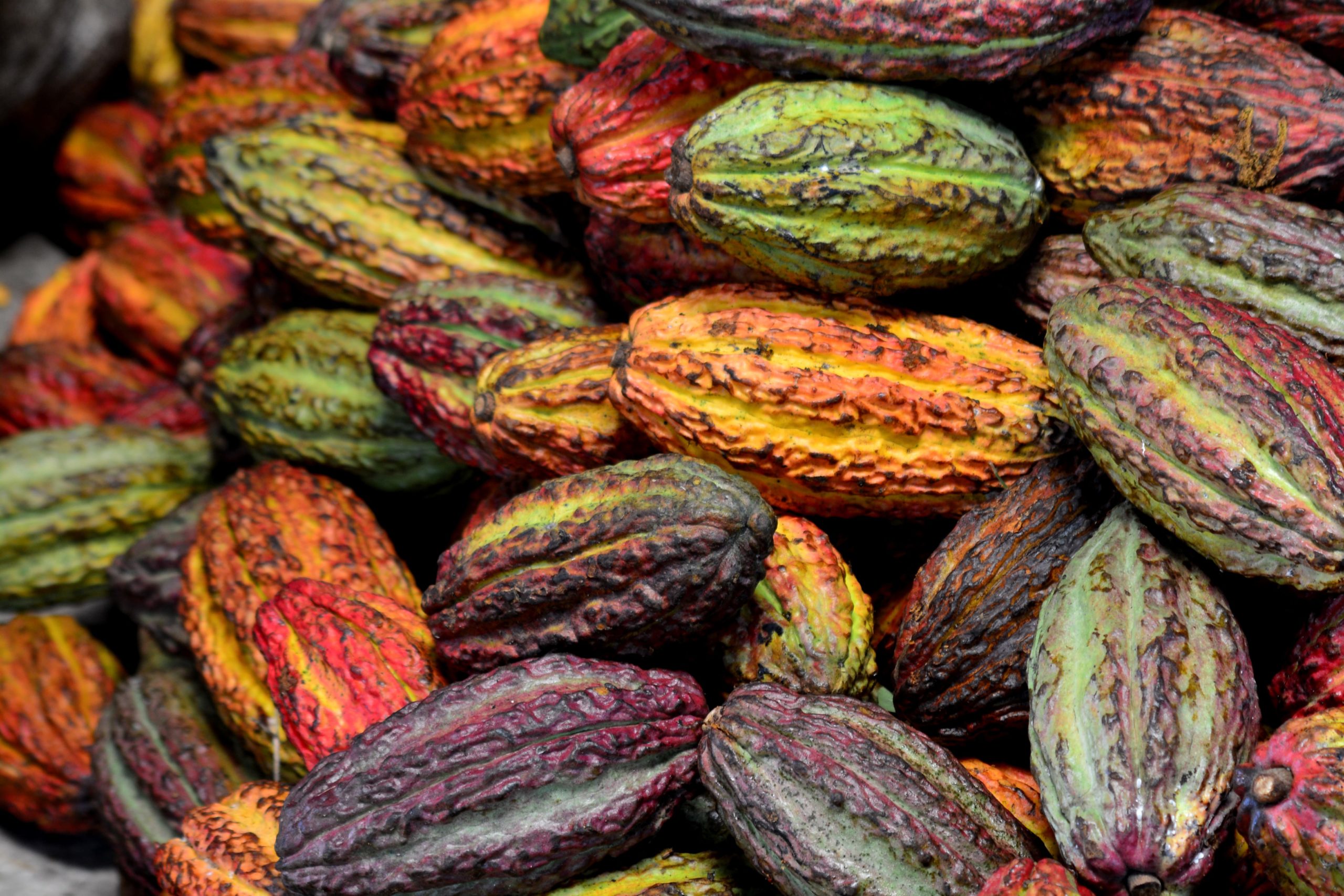
Earth Day – Reflecting on environmental reforms in the cocoa industry in the past year
Reflecting on Reforms in the Cocoa Industry in the Past Year
Earth Day is a time for us to reflect on the past year and look to the future. Over the last twelve months, Mighty Earth has worked hard to reform industrial agriculture practices across all of our campaigns, including meat, soy, rubber, and palm oil.
Today, Senior Advisor Etelle Higonnet shares news and updates from Mighty Earth’s campaign to make the chocolate industry sustainable.
Since November 2017, the chocolate industry has been undergoing a revolution towards deforestation-free chocolate, traceability, agroforestry, joint industry action, and more. However, much remains to be done to fight the ongoing deforestation that permeates the industry. We need binding legislation to clean up chocolate for good. This blog post summarizes some of the biggest news that’s hit the cocoa space in 2018 and up until today – Earth Day – the good news; the bad news; and recommendations for the future.Good News[vc_separator el_width=”25%” el_height=”2px”]Momentum for possible US cocoa regulation: In the USA, Congressman Elliot Engel may be willing to champion US legislation on cocoa. Engel has been fighting to clean up cocoa since 2001 when he pushed through The Harkin–Engel Protocol with U.S. Senator Tom Harkin in an effort to end the worst forms of child labor and forced labor in chocolate.
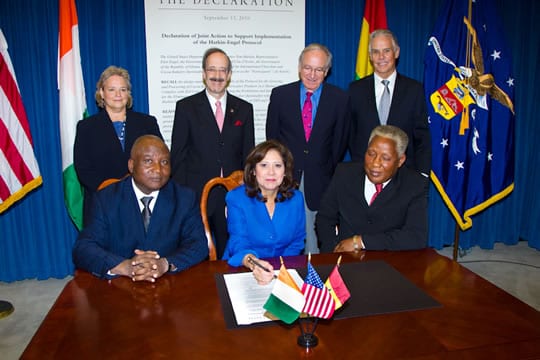

Germany has called for European-wide “binding regulations” to address deforestation and child labour in the cocoa industry. (The German sustainable chocolate platform GISCO is debating whether to follow the German government and endorse EU regulation on cocoa as well.) The German agriculture minister, Julia Klöckner, said earlier that “we need a clear regulation of what sustainable cocoa is”, and in November the German development minister spoke out in favor of such a regulation.[vc_empty_space empty_h=”1″]The French government called for an EU regulation on forest risk commodities like cocoa, palm oil, beef and soy, noting that that the cocoa sector “seemed ripe for a rapid adoption of this type of regulation.”
The Belgian chocolate industry, retail sector, civil society, investors, and government – under the impetus of Deputy Prime Minister Alexander De Croo – all signed the “Beyond Chocolate” partnership. They committed themselves to tackling child labor, combating deforestation and ensuring a living income for cocoa producers. Ministers De Croo, Reynders, and Marghem called upon the EC to develop an ambitious EU action plan against deforestation and forest degradation.
A growing number of chocolate companies such as Mars, Mondelez, and Barry Callebaut have come out publicly in support of EU regulation on imported deforestation, even calling on the EU to act. Other chocolate companies are mobilizing to speak soon for an EU cocoa law.
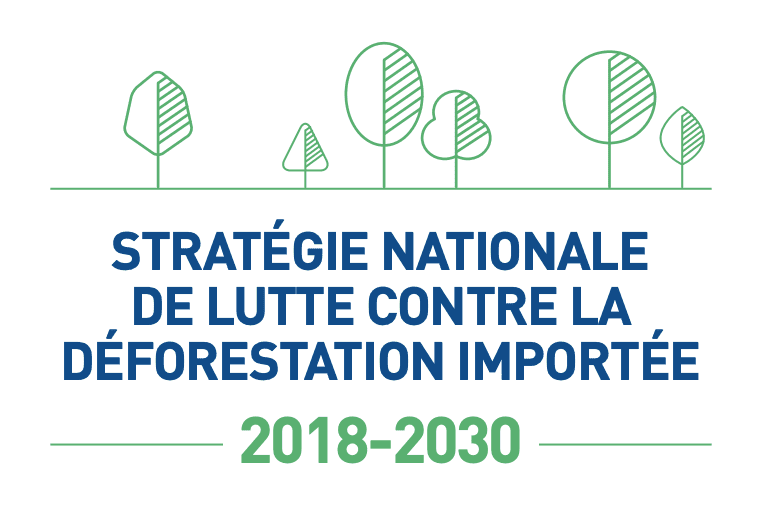

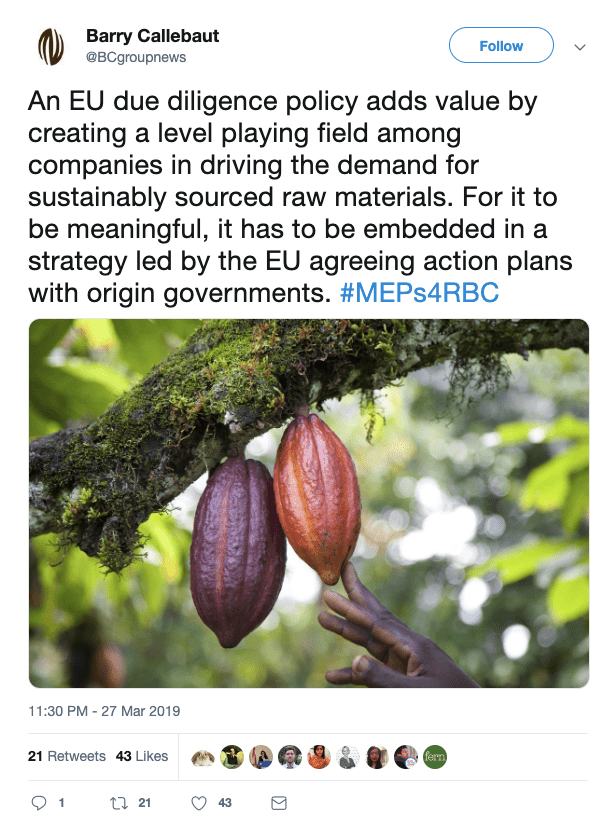
Cocoa & chocolate companies are reforming bit by bit, on paper:
Through our campaigning we have now pressured most major companies to agree on paper to global deforestation-free cocoa including Barry Callebaut, Cargill, Olam, Cemoi, PBC (traders) and Nestle, Lindt, Hershey’s, Godiva, Unilever, and others. Ferrero and others have promised to accept this soon though we are still waiting for them. Some chocolate companies have even gone beyond cocoa, to make broader cross-commodity global deforestation-free commitments (like Cemoi, Lindt, Hershey’s, Godiva).
Nearly all major chocolate companies buying cocoa from Cote d’Ivoire and Ghana have accepted deforestation-free, via the Cocoa & Forests Initiative, CFI. The implementation plans for CFI – where companies explain how they plan to turn their big promises into reality – are being published. For example, here are plans from the world’s biggest cocoa trader, Barry Callebaut; and from Nestle. The World Cocoa Foundation already published the aggregate summary of all 30+ plans.
The industry came together in the Berlin Declaration to recommend an end to deforestation for cocoa and promote forest protection and restoration.
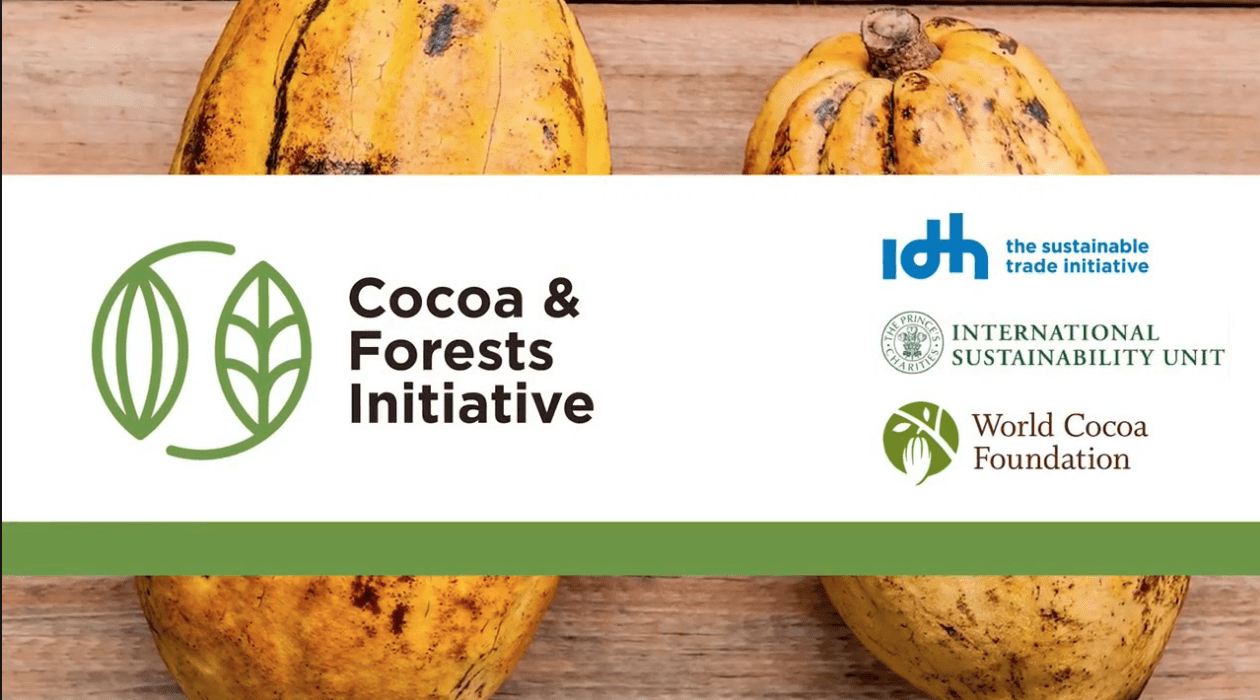

The German sustainable chocolate platform GISCO is revising its policies and positions and may perhaps accept deforestation-free cocoa worldwide, a reduction in pesticides, traceability goals, and some other good elements, including maybe support for EU cocoa regulation.
The Belgian industry, government, and civil society created their sustainable chocolate platform with relatively high ambitions.
The Swiss Platform for Sustainable Cocoa, with relatively low ambitions at present, is contemplating a reform right now to improve its standards.
A new French platform is possible, as the French industry groups appear willing to try and create a French platform embracing globally deforestation-free/traceable/sustainable cocoa, like GISCO, the Swiss, and the Belgians.Traceability and transparency is growing
Nestle has started to disclose its cocoa supply chain down to Tier 1 and Tier 2, Mars acted in this vein recently, and Lindt’s new supply chain disclosures cover Tier 1 suppliers and geographies of origin.
Most traders have undertaken major traceability exercises of both their direct and indirect supply chains, tracing down to farmgate level for many thousands of farmers, and some companies like Cargill are rolling out mobile money payments and barcodes for cocoa bags.[vc_gallery el_id=”gallery-654108″ medias=”57627,57626″ style_preset=”metro” gutter_size=”3″ screen_lg=”1000″ screen_md=”600″ screen_sm=”480″ single_width=”5″ single_overlay_opacity=”50″ single_text_anim=”no” single_overlay_anim=”no” single_image_anim=”no” single_padding=”2″]Supermarkets reform: For the first time ever, supermarkets are rallying and organizing to commit to selling more sustainable cocoa. A group of retailers led by Tesco organized last year to embrace zero deforestation cocoa. They met for the first time October 9, 2018, and are likely to make their official debut public soon. Supermarkets receive 30-40% of the profits from the average chocolate bar, so it is vital that they take responsibility.
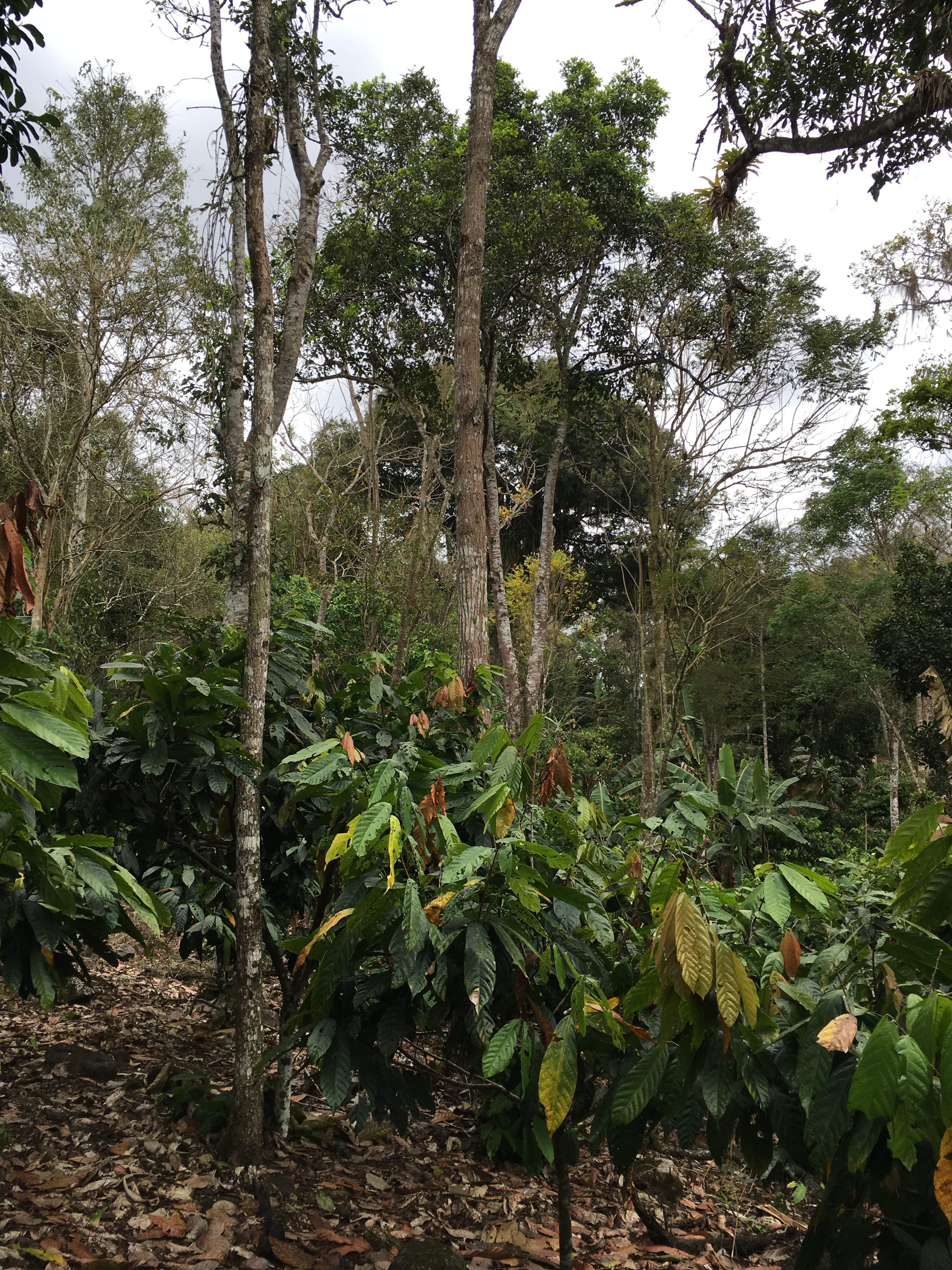
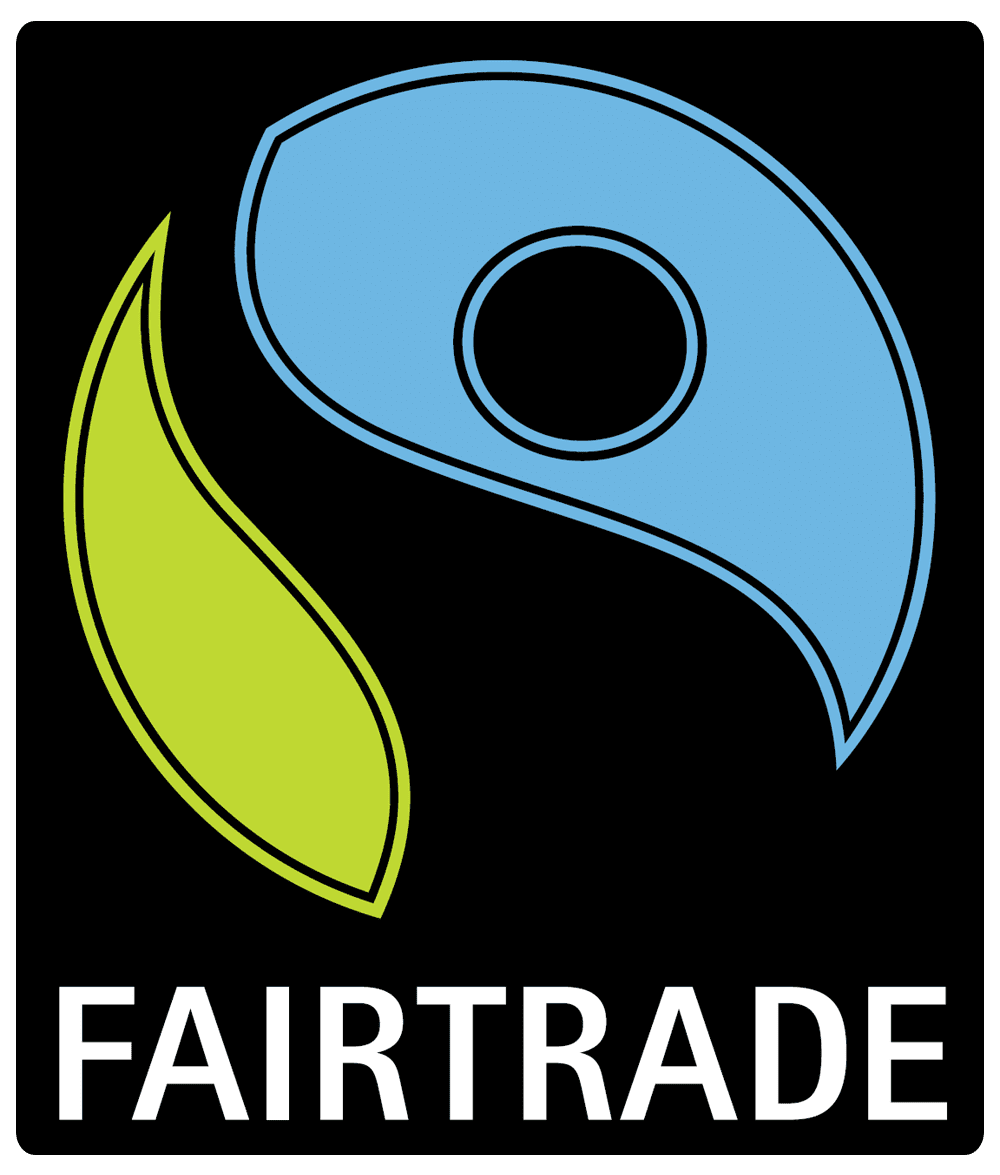
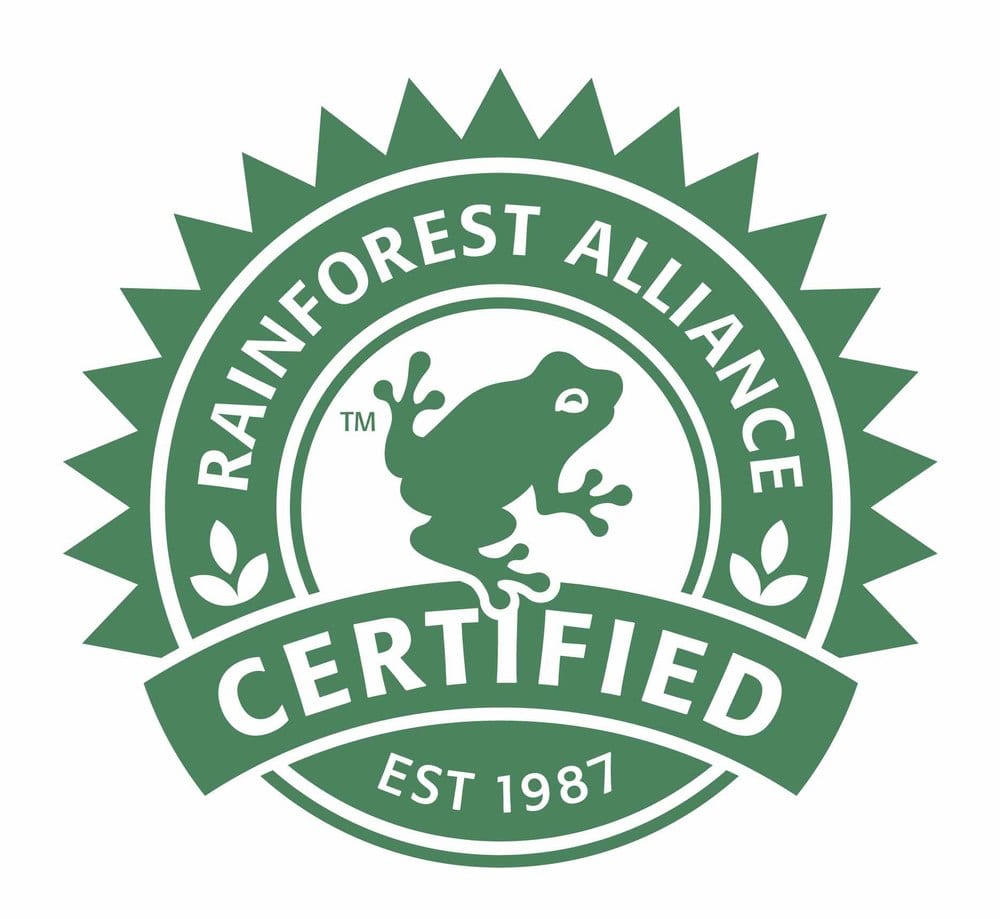
There is movement for similar frameworks in additional countries such as Cameroon, Liberia, Bolivia, Belize, Panama, Peru, Costa Rica, and the state of Bahia in Brazil. In all these places, either government officials (Cameroon and Liberia) or industry and civil society are speaking out to try and develop deforestation-free national cocoa plans.Cocoa certification schemes are improving: Fair Trade just improved prices for its farmers, though the certification mechanism is still a long way from guaranteeing farmers a living income. Fair Trade committed to improving its policies for deforestation-free cocoa and agroforestry. Rainforest Alliance/UTZ fused and are improving their standards for deforestation-free/agroforestry – although Rainforest Alliance still does not guarantee their farmers a living income either.To summarize, producing countries are reforming on paper at least, much of the industry is forging ahead with big policy reforms (and the beginning of implementation), while momentum seems to be growing for regulation in the EU.Bad News[vc_separator el_width=”25%” el_height=”2px”]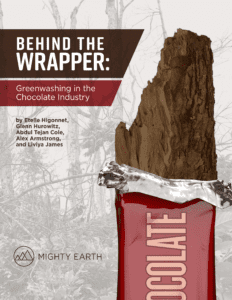 Bad news in Côte d’Ivoire: Despite the chocolate industry’s pledge in November 2017 as part of the Cocoa and Forests Initiative to cease sourcing cocoa linked to deforestation, a 2018 Mighty Earth investigation found that deforestation in West Africa for cocoa had continued, and in some cases has increased. The report, Behind the Wrapper: Greenwashing in the Chocolate Industry, identifies deforestation hotspots, including in protected areas and national parks, putting some of the last refuges for forest elephants and chimpanzees at risk and threatening the stability of the regional climate.
Bad news in Côte d’Ivoire: Despite the chocolate industry’s pledge in November 2017 as part of the Cocoa and Forests Initiative to cease sourcing cocoa linked to deforestation, a 2018 Mighty Earth investigation found that deforestation in West Africa for cocoa had continued, and in some cases has increased. The report, Behind the Wrapper: Greenwashing in the Chocolate Industry, identifies deforestation hotspots, including in protected areas and national parks, putting some of the last refuges for forest elephants and chimpanzees at risk and threatening the stability of the regional climate.
In Côte d’Ivoire, satellite analysis recorded approximately 13,748 hectares of deforestation in the cocoa-growing Southwest region alone, between November 2017 and September 2018. This forest loss is equivalent to 15,000 football fields. The report found that over half of the Ivorian forest areas reviewed showed an increase in their rates of deforestation since the announcement of the CFI one year ago.
In the Goin Debé classified forest, not much had changed since Mighty Earth’s initial 2017 investigation. One forest had been cleared and planted with cocoa just two days before researchers arrived – in the same protected area inspected less than a year prior. The field investigation documented children laboring in cocoa fields as well.
The bottom line: commitments are a key step, but corporate pledges are only as valuable as their follow-through.The Netherlands still hasn’t come out in favor of EU regulation: The world is waiting for the Dutch to act. They are the most problematic country as a conduit for dirty, deforestation cocoa coming into Europe. The country is the #1 cocoa importer worldwide, and yet the Netherlands’ policies to clean up their cocoa imports have been left in the dust by Belgium, Germany, and France. Dutch scandalous inaction and foot dragging remains a major roadblock to meaningful EU reforms.Bad news in Brazil: A yearlong December 2018 investigation in Brazil, by the International Labour Organization (ILO) & Brazilian Federal Labour Prosecution Office, revealed that at least 8,000 children and teenagers were working in the Brazilian cocoa supply chain. The report found that global chocolate supply chains are often tainted by cocoa from Brazilian farms where human rights violations, like long hours, degraded conditions and debt bondage, are common. Brazil was the world’s seventh-largest cocoa producer in 2017, exporting cocoa to the United States, Argentina, Netherlands, Mexico, Chile and Uruguay.[vc_empty_space empty_h=”0″]
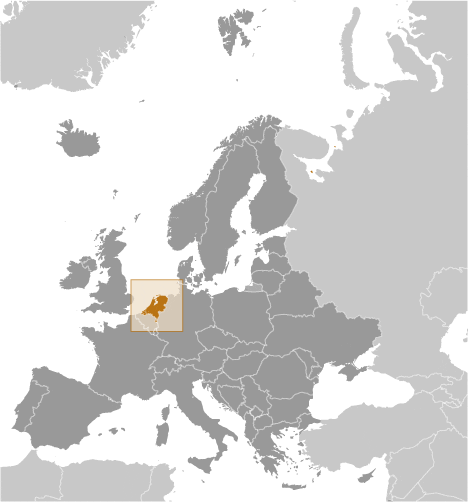
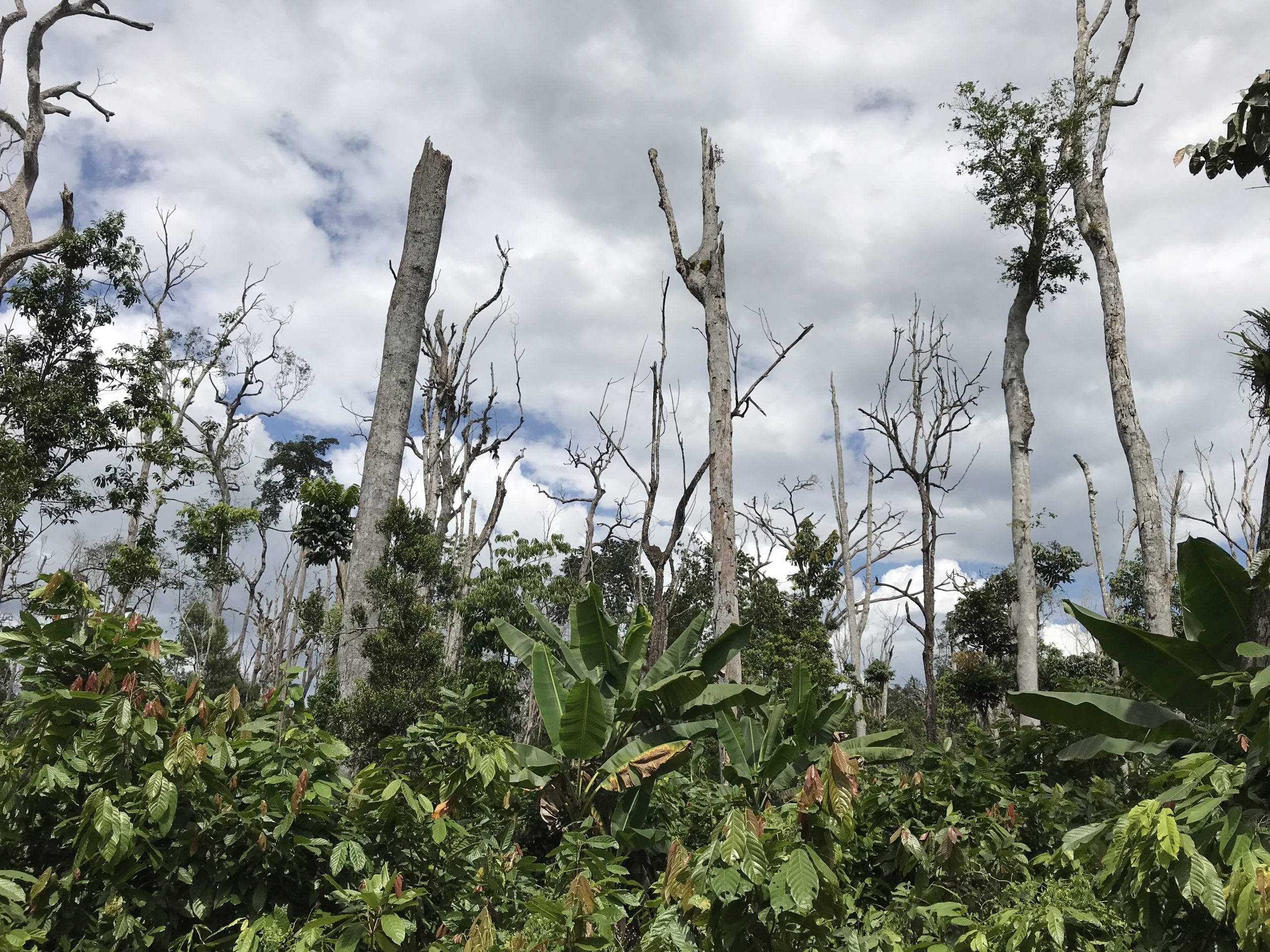
Recommendations
[vc_separator icon_position=”right” el_width=”40%” el_height=”2px”]

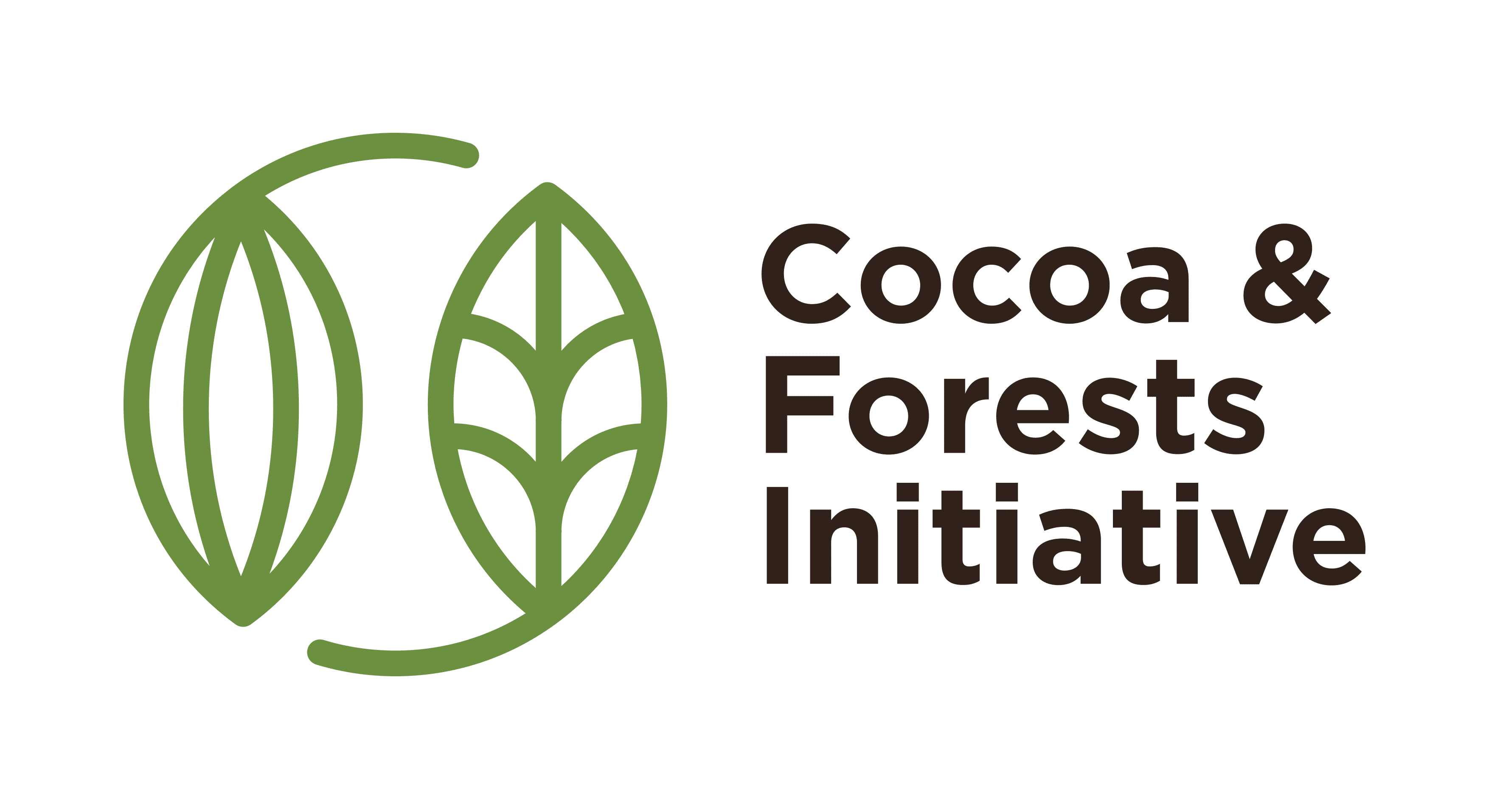
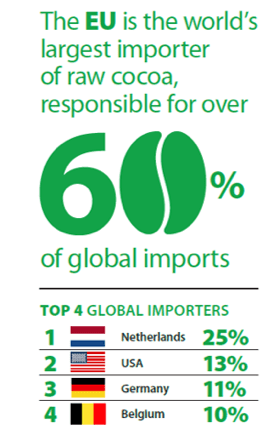
Only buy ethical chocolate, sign a petition and call, email or text your Congressperson if you are in the US or a Member of the European Parliament if you are in the European UnionChocolate and/or Cocoa Companies:
Become a member of the Cocoa & Forests Initiative (CFI). If you’re a CFI member but you haven’t yet signed the Ghana Framework and Côte d’Ivoire Framework then do so. If not CFI, then find another model that is at least as good as CFI – match or surpass, but don’t wait around doing nothing. Embrace a worldwide deforestation-free cocoa policy; Ask all suppliers/traders to do the same and suspend them if they won’t. Get full traceability of your cocoa, not just the direct supply chains but the indirect supply chains as well. Commit to eventually shifting all your cocoa supply over to agroforestry cocoa only.Supermarkets:
Join the CFI supermarket initiative called Retailer Cocoa Collaboration (RCC) – or else match/surpass that;Cocoa Producing Countries:
Adopt your own CFI Framework for Action – or surpass CFI with an even better national policy, such as a cross-commodity deforestation-free policy.Cocoa Consuming Countries:
Pass a law to regulate the worst cocoa abuses for all cocoa imports.
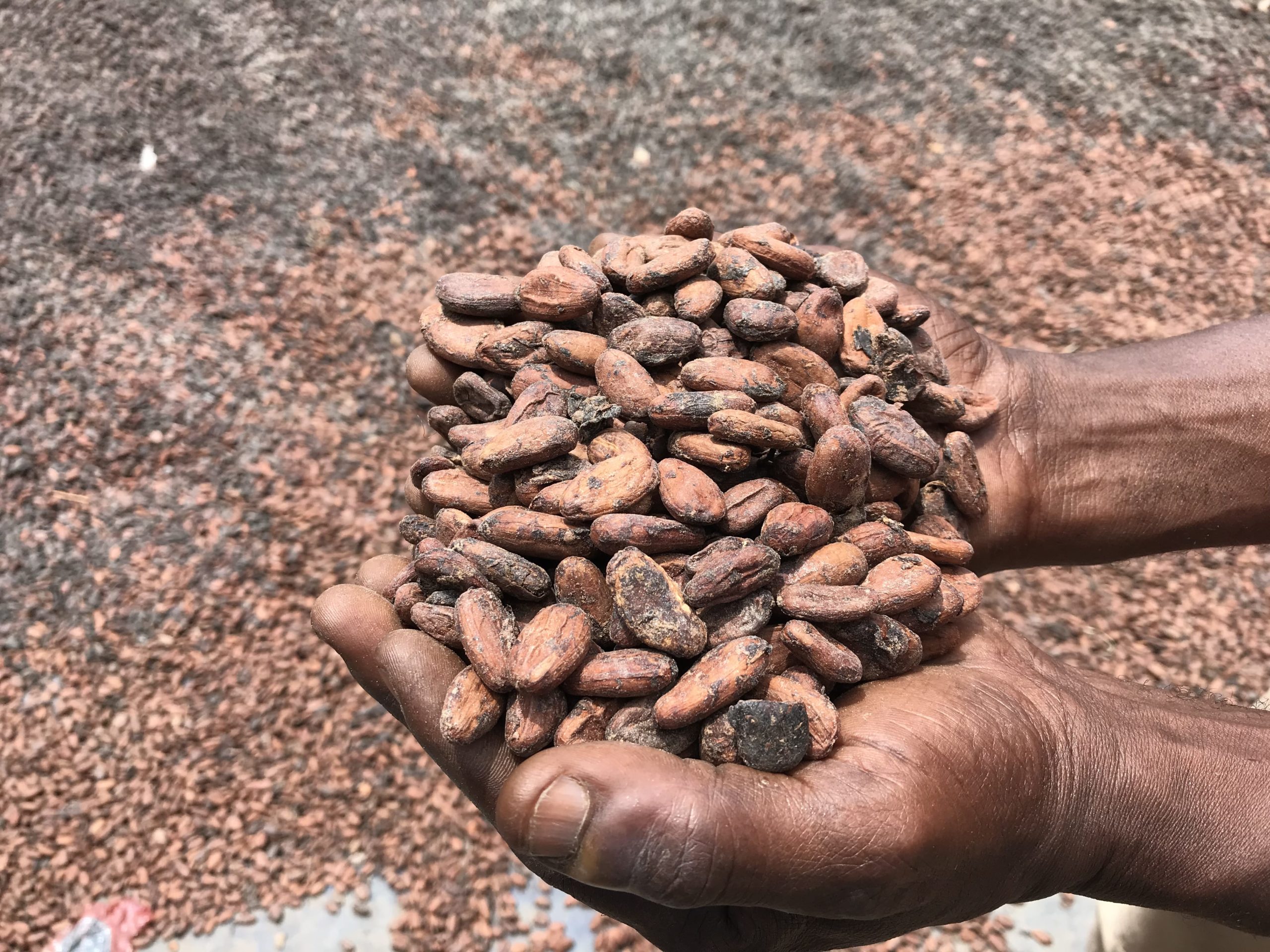
Join us. The future is in our hands.
